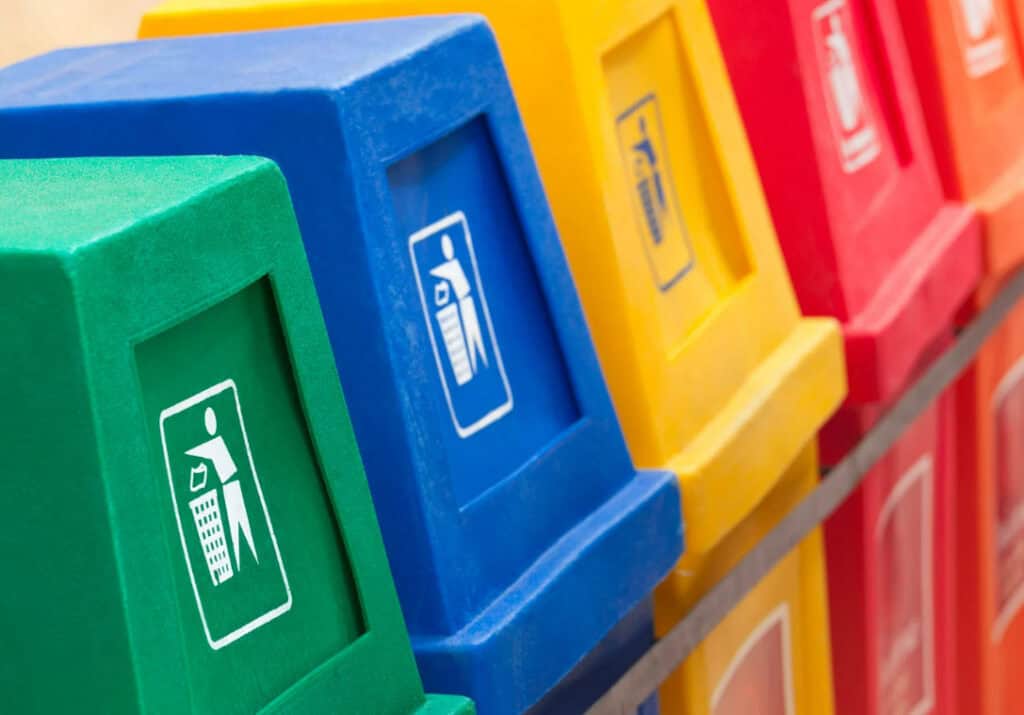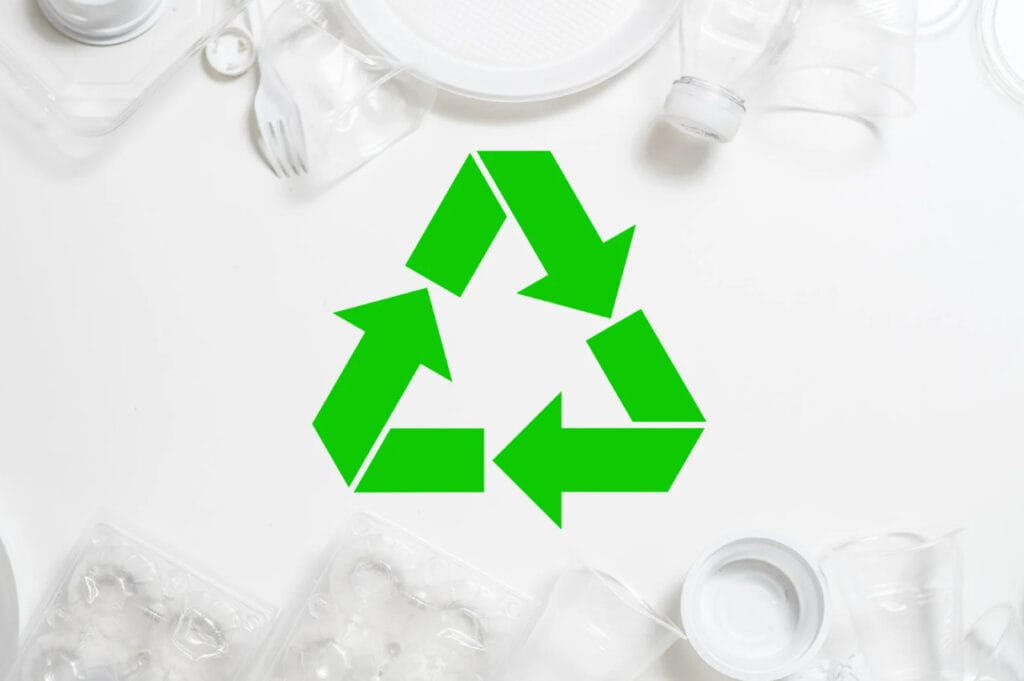All industrial facilities produce waste. However, the production of waste at industrial facilities is, to an extent, within the organization’s control. By working to keep their waste levels as low as possible, industrial businesses can boost their product margins and enhance their eco-friendly credentials.
Table of Contents
Reducing waste won’t happen all on its own. It’ll require cross-company buy-in and a focused, strategic approach. But it’s well worth doing -from streamlining operations to helping your business move into the future, minimizing waste at industrial facilities can provide a host of benefits.

Ways to Minimize Waste At Industrial Facilities
Rethink Your Packaging
Many businesses go to great lengths to reduce waste during their manufacturing processes only to undo their good work at the last minute. Packaging contributes significantly to a product’s overall waste rating, but happily, this is one aspect of the process that is largely within the organization’s control.

There are multiple ways to reduce packaging. In many cases, it’s not about using less material, but rather about using the right packaging material. For instance, it’s generally best to opt for paper-based packaging, since that’s easier to recycle than other materials.
Even if you use more of it initially, the overall waste footprint of your packaging will be significantly reduced.
Use Advanced Equipment
There are a lot of materials used in industrial processes. In some cases, this can lead to significant waste, especially if products are manually handled by employees. Instead, it’s best to look at investing in equipment that will accurately weigh and assign materials without the need for human intervention.
For example, a bulk bag filler can be used to ensure that only the right amount of product is used during the manufacturing process. This can also help to free up the employees’ time, helping to maximize productivity.
Keep Up With Maintenance
Of course, while advanced industrial equipment can be used to minimize waste, it’ll only do so if routine maintenance is performed. If it’s not, then not only will it be more likely to make errors, but it’ll also probably need to be replaced earlier than expected.
By scheduling routine maintenance and fixing problems promptly, industrial businesses can get as much value from their equipment as possible before buying a replacement.
Invest in a Recycling Program
Even with the best intentions in the world, it’s unlikely that your business will reduce waste to 0% — or anywhere close to it.
However, while that may be the case, businesses can still ensure that they keep their waste as minimal as possible by investing in an advanced recycling program. This will help ensure that as much waste as possible is given another lease of life.

Think Long-Term
Finally, think about the long-term waste implications of your products. It’s important to design products that will both last as long as possible and which can be recycled once their life cycle is complete.
As well as helping to improve the brand’s eco-credentials, this approach can also ensure that the brand’s reputation remains as high as possible. After all, people love quality products that last for as long as possible.



